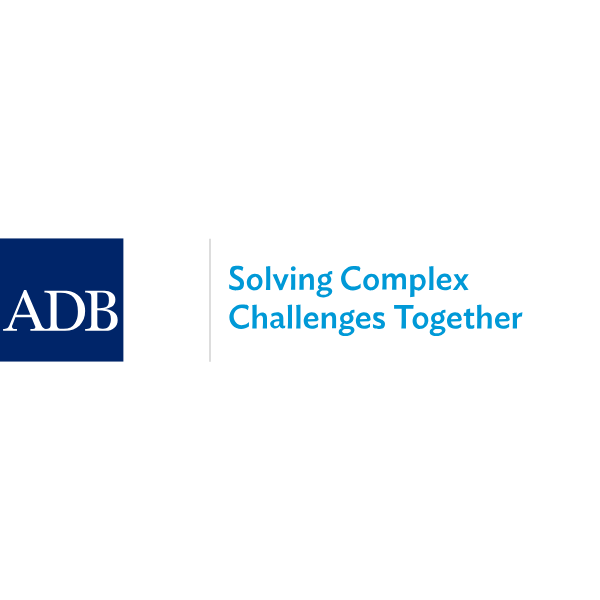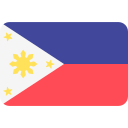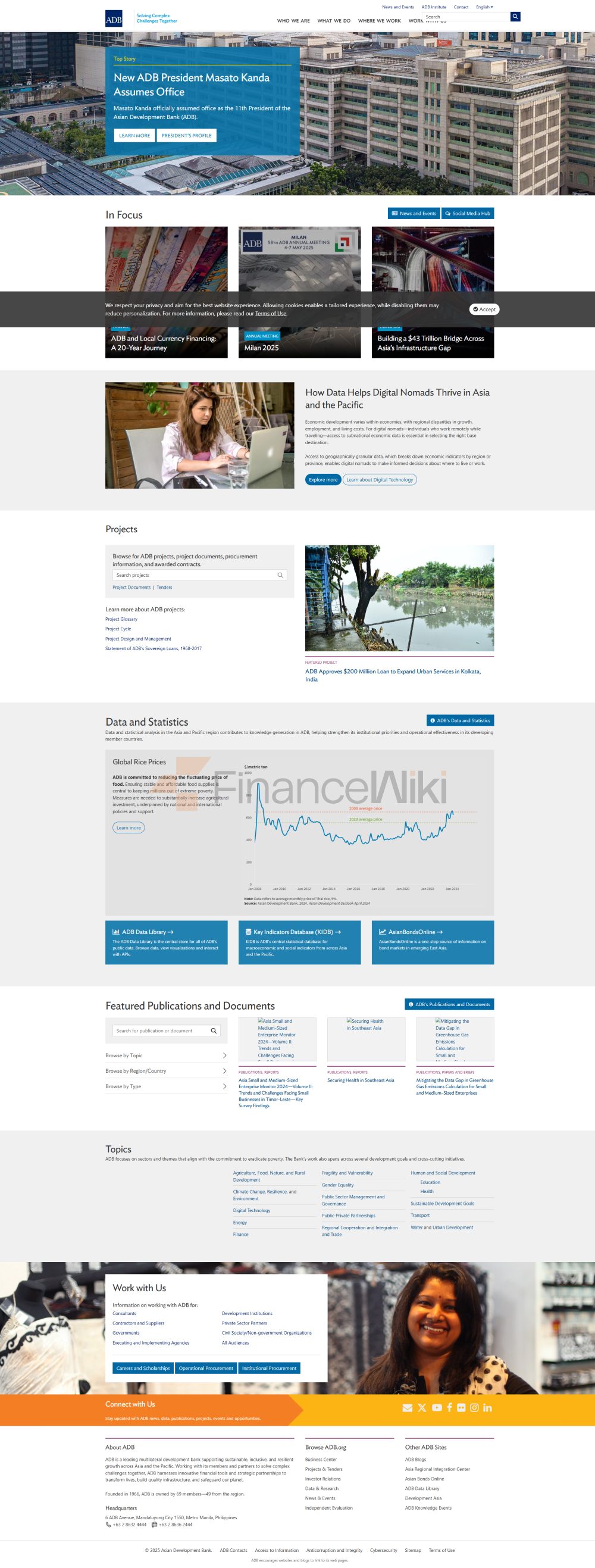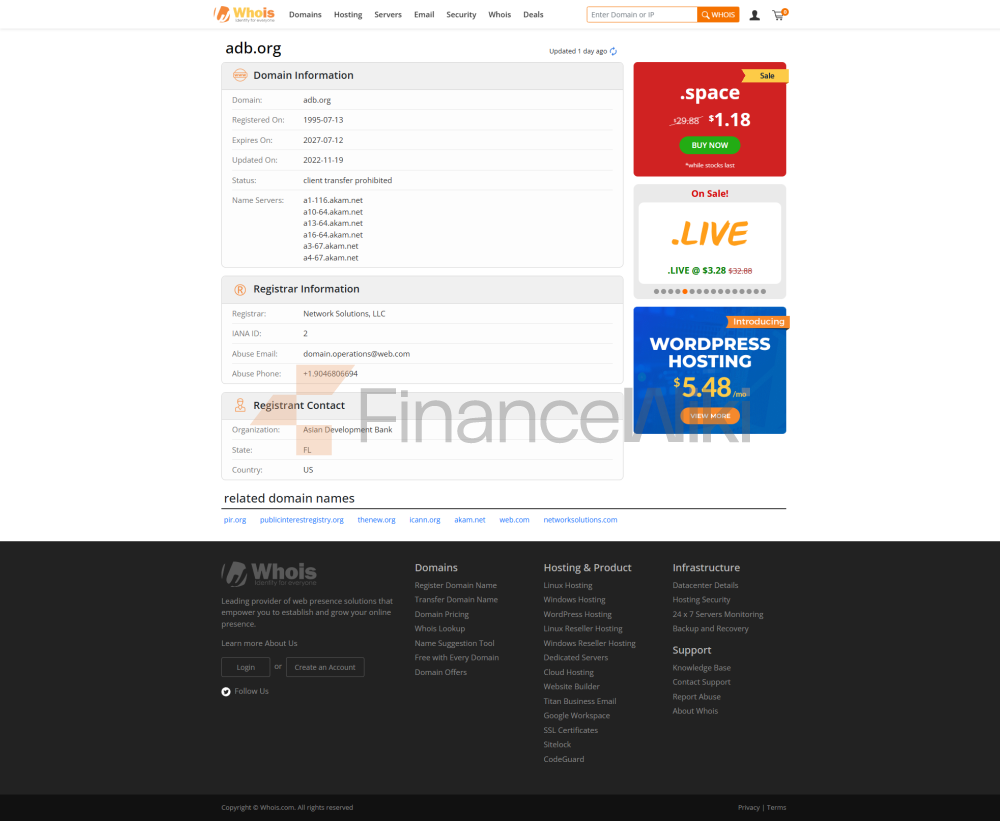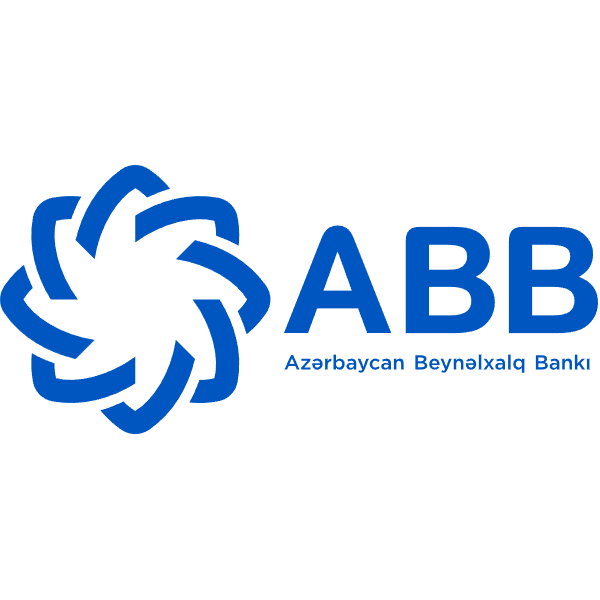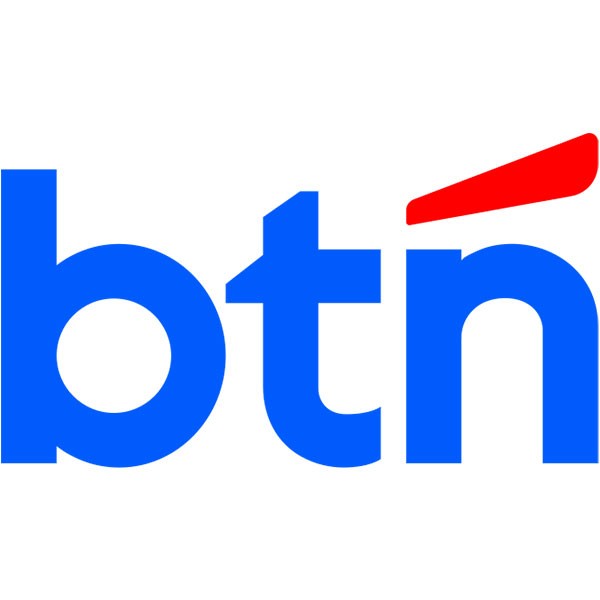Asian Development Bank (ADB) The
Asian Development Bank (ADB) is a regional multilateral development finance institution dedicated to promoting socio-economic development in Asia. ADB was signed and established on December 19, 1966 and is headquartered in Mandaluyong City, Manila, Philippines. As of September 2024, the ADB has a total of 69 members, of which 50 are from the Asia-Pacific region and 18 are from other regions. The ADB adopts a capital subscription system, and member countries share voting rights according to the proportion of the subscribed capital; At the end of 2020, Japan and the United States each held 15.571% of the shares, while China, India, Australia and other countries held 6.429%, 6.317% and 5.773% of the shares, respectively. The highest decision-making body is the General Meeting of Shareholders (Board of Directors), with one representative from each Member State. The General Meeting of Shareholders has 12 members of the Board of Directors (8 from regional member countries and 4 from non-regional developed member countries) who are responsible for day-to-day operations and decision-making. The Board of Directors elects the President, who shall serve as Chairman of the Board for a term of five years, renewable for a renewable term. As a matter of tradition, since Japan is one of the largest shareholders, the president of ADB has historically been a Japanese national. ADB has 42 branch offices in Asia and the Pacific, as well as representative offices in Washington, D.C., Frankfurt, Tokyo, and Sydney, Australia.
Scope of Services
ADB's services cover all member countries in Asia and the Pacific, while working closely with the rest of the world. The main clients include governments and their public sector projects in developing countries, as well as financing support for private enterprises. ADB provides commercial sovereign loans to upper-middle-income countries in the region, as well as loans to poor countries at preferential interest rates; In 2017, ADB achieved a total loan of US$19.1 billion, of which US$32 billion was used for non-sovereign projects such as private enterprises, reflecting its dual-track financing model of "sovereign loans + non-sovereign loans". In addition, the ADB provides grants and subsidized loans to the poorest Member States, including through the Asian Development Fund (ADF), which in 2017 combined with General Capital Resources could increase the size of annual loans and grants to $20 billion. The ADB also provides technical assistance tools to support capacity building and project preparation in Member States, such as the procurement of equipment for COVID-19 prevention and control through the Regional Technical Assistance Program in 2020. Overall, ADB's services cover sovereign project financing, private sector investment, grants and technical cooperation, and focus on infrastructure construction, poverty alleviation, financial development, climate adaptation and other fields.
Regulation & Compliance
As a multilateral development bank, ADB acts in accordance with the Charter of the Asian Development Bank and is accountable to all member countries. The ADB is closely linked to the United Nations system and enjoys observer status with the United Nations. The Bank's governance emphasizes transparency and openness: its Open Communication Policy, implemented in 2012, requires timely disclosure of program information and related documents to the public, and the establishment of independent accountability mechanisms (including compliance panels and ombudsmen officers) to handle complaints in aid programs. In terms of ratings, ADB is rated AAA for its solid capital structure and excellent repayment record. Major credit rating agencies such as Moody's, Standard & Poor's, and Fitch have all given ADB the highest credit rating (AAA), and Moody's reaffirmed its AAA rating in April 2025. These ratings reflect the continued support and solvency of ADB member states. In summary, ADB operates under the framework of international financial organizations, follows the legal and due diligence procedures of multilateral development banks, and has mature internal governance and information disclosure mechanisms, as well as high compliance and transparency.
Financial health
ADB is well-capitalized. The fifth capital increase in 2009 increased the total capital from US$55 billion to US$165 billion, providing resources to respond to the financial crisis and long-term development needs. ADBs also have strong credit backing from their usual disposable capital mechanisms: the world's seven largest MDBs with a combined US$900 billion in available capital guarantee their AAA ratings, complemented by "solid loan repayment records". In the case of ADB specifically, its senior unsecured bonds are rated AAA, indicating the confidence of rating agencies in its capital strength and repayment record. In terms of loan portfolio, about 80% of ADB's loans are invested in the public sector, with very low sovereign loan risk and very low non-performing ratio. Historically, ADB's sovereign loan default rate is only about 0.5%, which is investment grade. Non-sovereign investment is also mainly concentrated in governments and large corporations, and has performed steadily. In terms of liquidity, ADB raises funds through the issuance of high-rated bonds in the international capital market, supplemented by capital disbursements and retained earnings from member countries, to ensure sufficient funds to meet the needs of loan disbursement and debt repayment in a timely manner. Overall, ADB has a strong capital base and prudent risk management structure, a stable financial position, and a clear rating advantage.
Products & Services
financial support: ADB offers a wide range of loans and financing products to member countries in the region. It provides both commercial hard loans (for upper-middle-income countries) and soft-loans at concession-rate rates (for low-income countries), as well as support infrastructure and social development in the poorest countries through grant programs. Technical assistance is also an important tool for the preparation of construction projects, capacity training, etc. In addition to loans, ADB's Private Sector Division (PSOD) provides a variety of financing instruments, such as financing guarantees, equity and mezzanine financing, to promote private investment and public-private partnerships. In 2017, ADB loans totaled US$19.1 billion, of which private sector projects accounted for 17%. ADB's portfolio spans a wide range of sectors such as energy, transport, cities, agriculture, education, and health, with an emphasis on sustainable and inclusive growth.
Investment & Project Support: ADB's financial instruments for the private sector include loans, equity, bond financing, and guarantees (e.g., trade finance and green bond projects). It has been active in green infrastructure, reaching its $6 billion climate finance target by 2020 one year ahead of schedule. For example, ADB-supported projects include the solar power project in Phu Yen province in Vietnam, the Navoi solar project in Uzbekistan, and the green bond for clean water resources in Georgia. In addition, ADB has set up a number of regional cooperation funds to promote connectivity, such as the China Poverty Alleviation and Regional Cooperation Fund, to support cross-border infrastructure and regional economic integration. Through these projects and funds, ADB promotes a green economy, regional connectivity, and industrial upgrading in developing countries.
Digital Service Experience
ADB actively builds a digital platform to improve service convenience. Its official website provides a comprehensive project and data query function: the ADB Data Library retrieves the details and documents of all loans and technical assistance projects. The website also has an electronic tendering system, and all procurement announcements and tender results for ADB-funded projects are published online to ensure transparent competition. Member States and the public can view project status online, download reports, and manage loan applications through a dedicated portal. The ADB portal supports data analysis and visualization, enabling researchers and decision-makers to access information such as regional statistics, development indicators, and project progress. On the whole, ADB's official website and supporting platforms are rich in functions, realizing the informatization and openness of the whole process of loan projects from application to management.
Quality of customer service
The ADB values the needs of Member States and the communication of stakeholders. At its annual Board of Directors and ministerial meetings, the ADB holds policy dialogues and project consultations with Member States, and invites academics and NGOs to participate in the discussions. For complaints or concerns that arise during the implementation of the project, the ADB has established an accountability mechanism (Grievance/Compliance Office) to provide a grievance channel. The official website of ADB supports multi-language content (including English, Chinese, Arabic, etc.) to facilitate countries to understand policy and project developments. Although the specific live chat response time is not disclosed, ADB generally scores high in transparency assessments, reflecting its reputation for information disclosure and customer communication. Overall, Member States rated ADB's response mechanism well, and ADB regularly publishes satisfaction surveys and transparency reports to improve customer service.
Safety and security measures
ADB implements strict audit and integrity policies to ensure the safety of funds. Its internal audit department and external auditors regularly review projects and finances to ensure that funds are used in accordance with regulations and project plans. The ADB also has an independent Office of Anticorruption and Integrity, which investigates fraud and corruption in its projects and imposes sanctions on individuals or businesses that violate the rules. Through a zero-tolerance policy and compliance training, ADB seeks to prevent financial fraud. In terms of information security, ADB's data centers and online systems follow international data protection standards to protect confidentiality and integrity. Overall, ADB has established a robust monitoring, auditing and anti-corruption system that is on par with other international financial institutions, and is committed to ensuring that project funds are earmarked.
Featured Services & Differentiation
ADB has a unique role to play in green finance, disaster relief, and regional cooperation. For example, ADB actively participates in global climate finance, promoting green bonds and renewable energy projects; Its trade and supply chain finance program focuses on environmental, social and social governance (ESG) projects to help clients meet green standards. In terms of disaster recovery, ADB has established the Asia-Pacific Disaster Emergency Response Fund (APDRF) to respond quickly to natural disasters and public health emergencies: ADB provided US$850 million in disaster relief loans and subsidies to Indonesia, Sri Lanka and other countries after the 2004 Indian Ocean tsunami, US$1 billion in loans and grants during the 2005 earthquake in Pakistan, and US$2 million in assistance to Armenia during the 2020 pandemic for the procurement of COVID-19 prevention and control materials. In terms of regional connectivity, since ADB2004, China has advocated a regional cooperation and integration (RCI) strategy to strengthen the linkage of economies through infrastructure, trade and financial projects. In addition, ADB has also launched innovative financing mechanisms such as the Green Climate Fund project and the Regional Interconnection Fund to actively promote Asian integration and sustainable development. These features highlight ADB's differentiated strengths in the areas of climate, disasters and regional development.
Market Position & Accolades
In the global development finance system, ADB is regarded as one of the leading multilateral development banks in the Asia-Pacific region. With solid capital and a strong credit history, ADB's bonds have been rated AAA for a long time; This high rating is on par with top development banks such as the World Bank, reflecting its excellent market position. ADB has also won several international awards, such as the 2021 Global Finance Magazine's Asia-Pacific Leadership Award for Sustainable Finance. Historically, ADB has supported a number of major regional development projects that have had a profound impact on the international community, such as funding infrastructure construction such as transportation, electricity, and water supply in South and Southeast Asia, as well as disaster relief assistance mentioned above. ADB enjoys a high reputation in the international financial community, and its research reports and policy recommendations are often cited by governments and academia. On the whole, ADB has won wide recognition and honors with its international authoritative ratings, rich project experience and social contributions.
